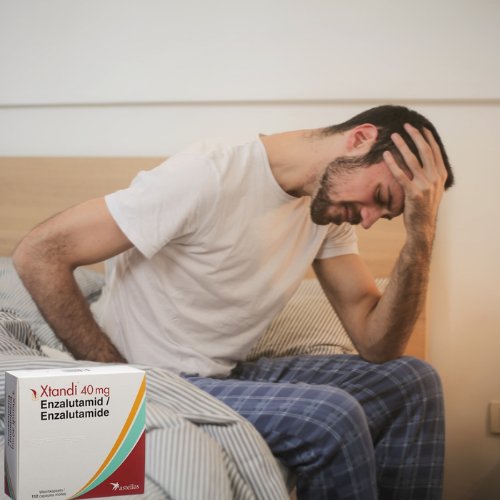The coronavirus pandemic has left a slew of issues in its wake, including an ever-increasing mortality toll, fears about new variations, and the occurrence of extended COVID. The most notable of them is a substantial influence on worldwide mental health, which has been shown by an increasing body of research.
One of the first signs of this parallel epidemic is a sharp increase in antidepressant and anti-anxiety prescriptions throughout the world, which has sparked a heated discussion about whether these drugs are overprescribed.
Should physicians be concerned about this new trend? Or are we witnessing an acceptable response to a new type of health catastrophe resulting from COVID-19’s mental health deterioration?
Shelter-in-place orders, according to research published in the DARU Journal of Pharmaceutical Sciences in June, have resulted in long-term social isolation and “the loss of normal life,” leading to a threefold increase in depression rates in the United States.
In April, the Centers for Disease Control and Prevention (CDC) published a study that corroborated those findings. From August 2020 to February 2021, the percentage of individuals reporting symptoms of anxiety or depression grew considerably from 36.4 percent to 41.5 percent. One in four individuals with these symptoms reported not obtaining the counseling or treatment they believed they needed in January of this year. 18-29-year-olds reported the greatest increases in symptom reporting.








